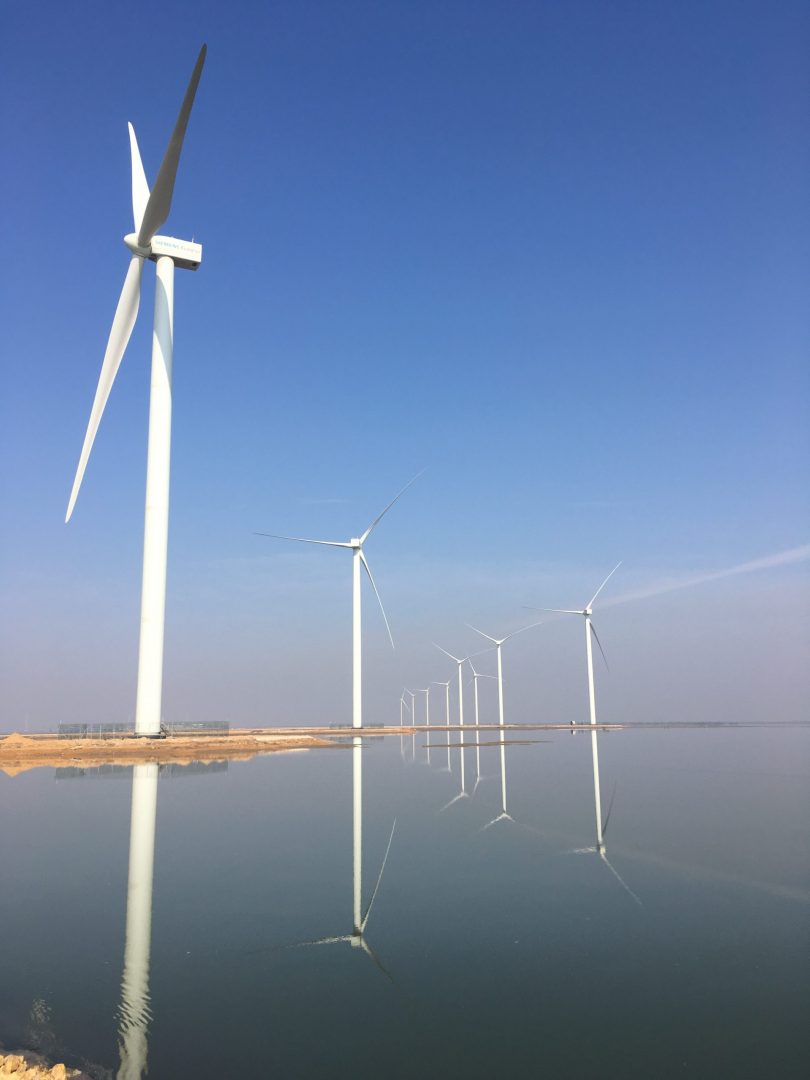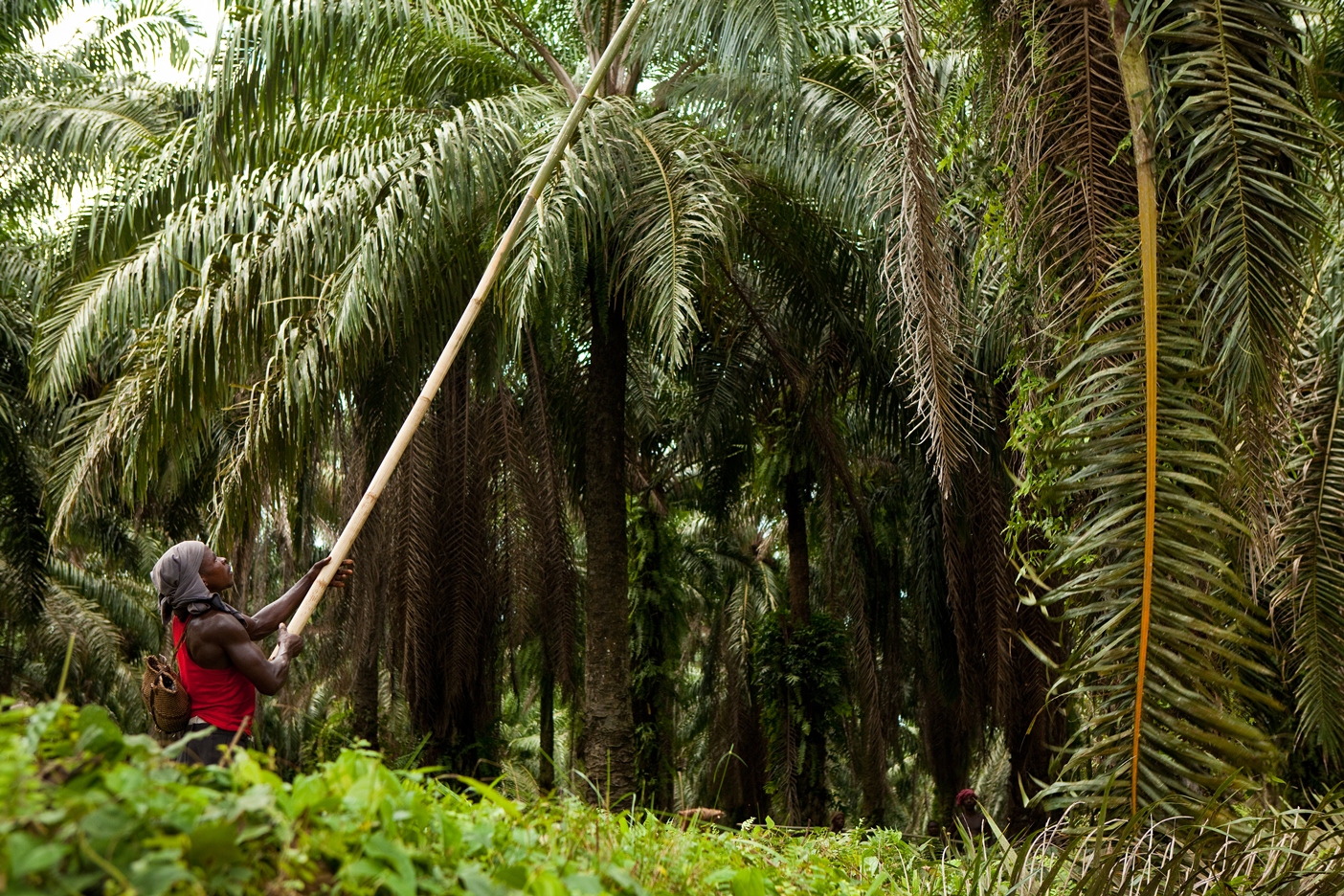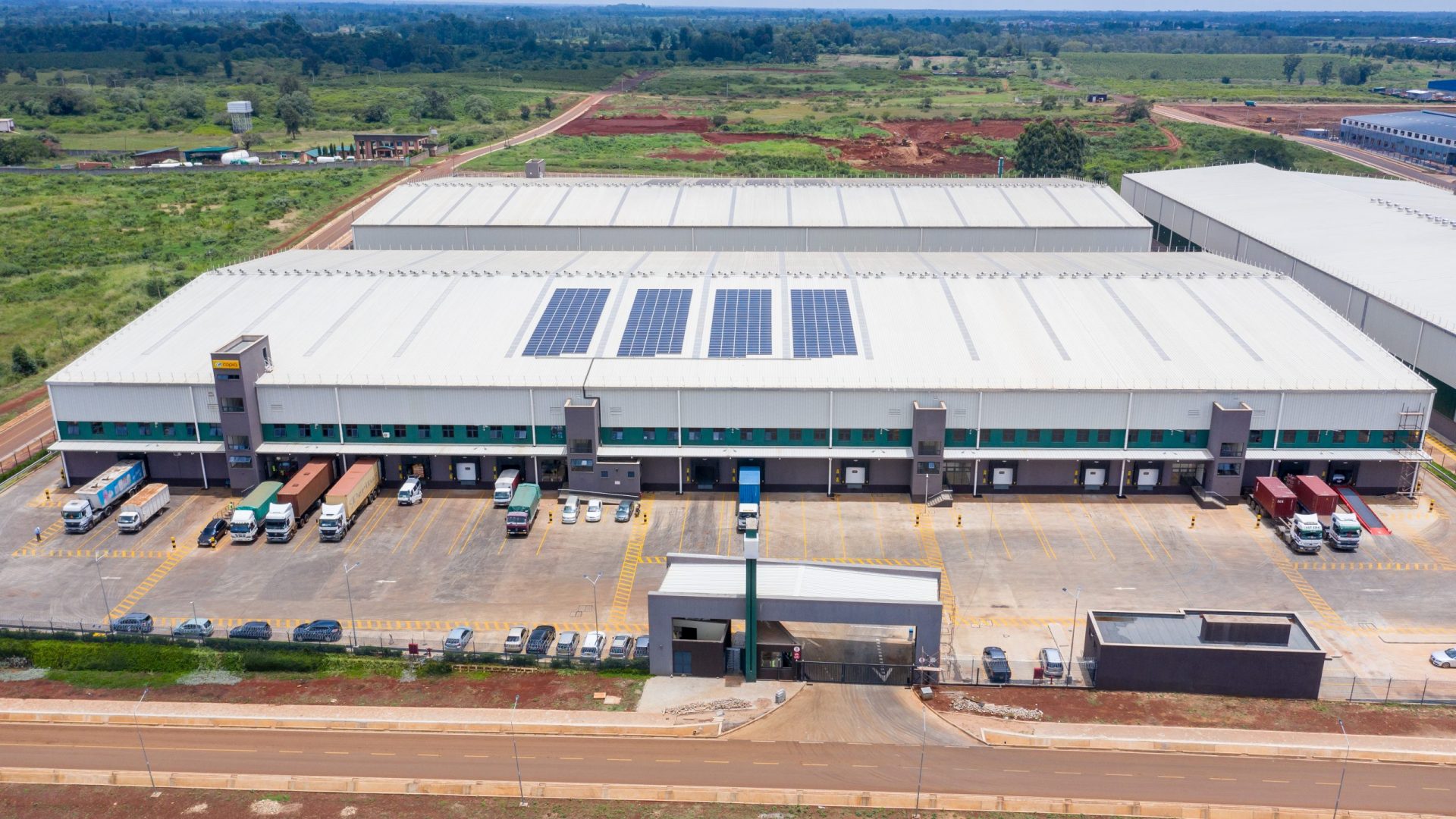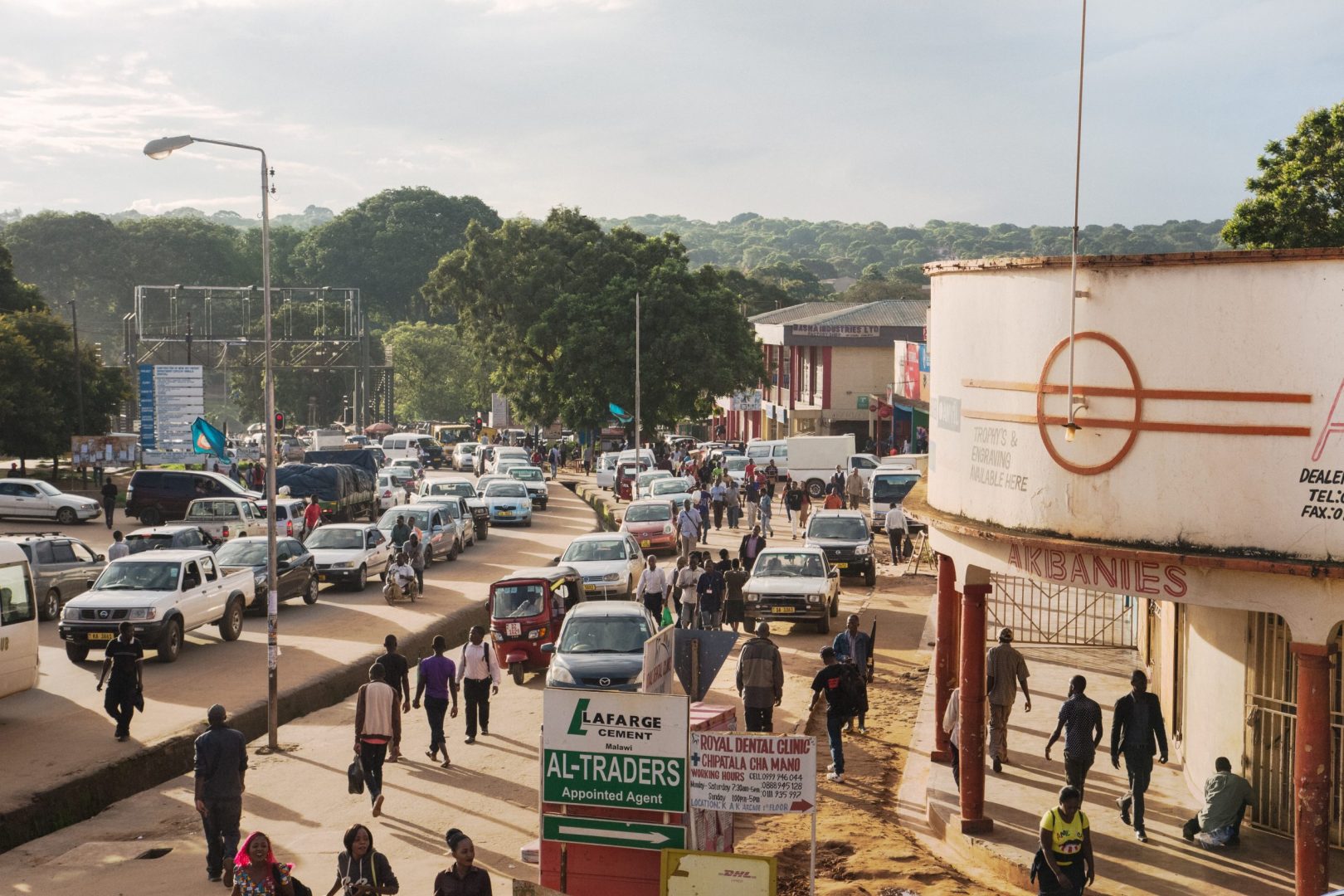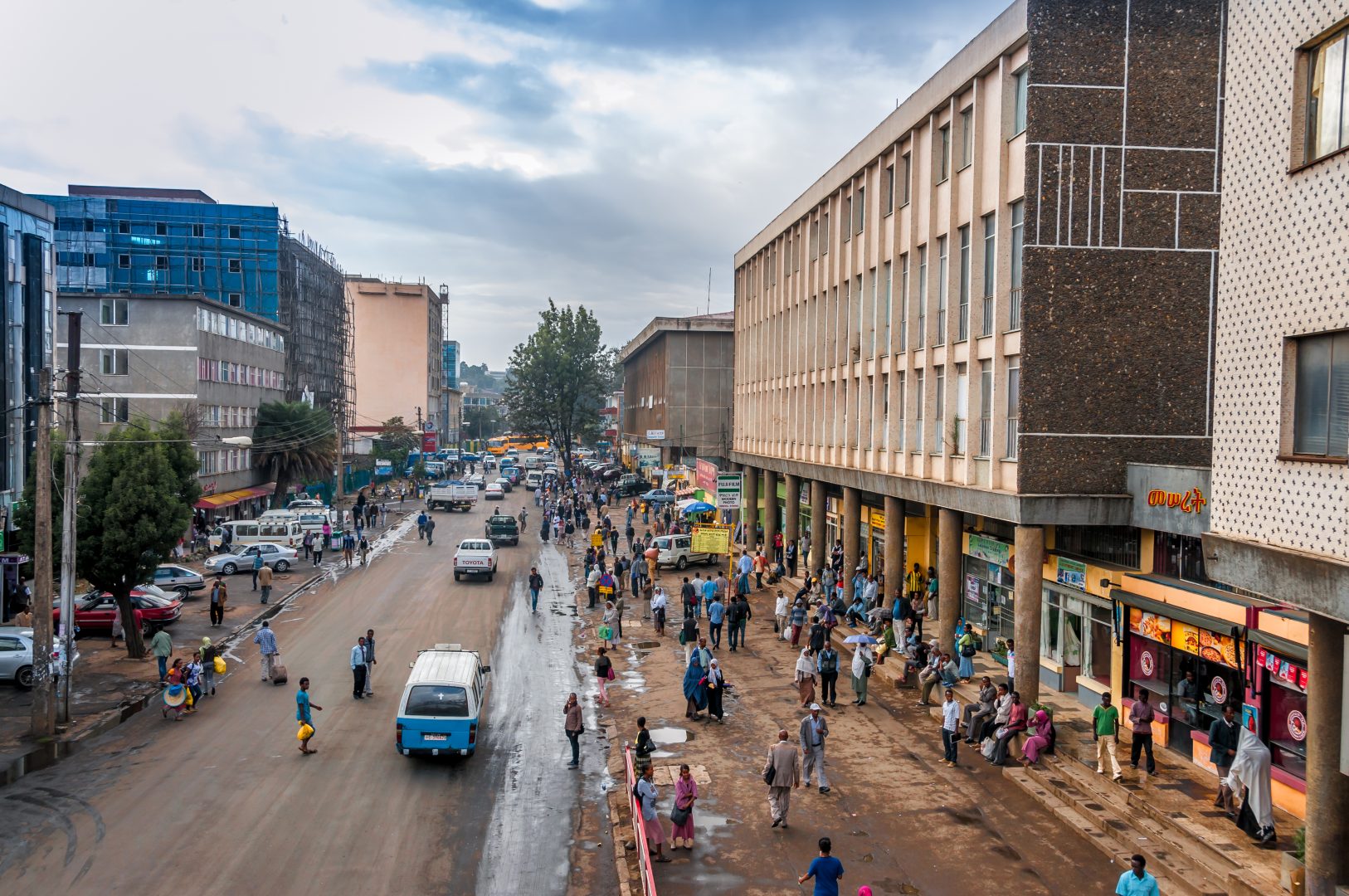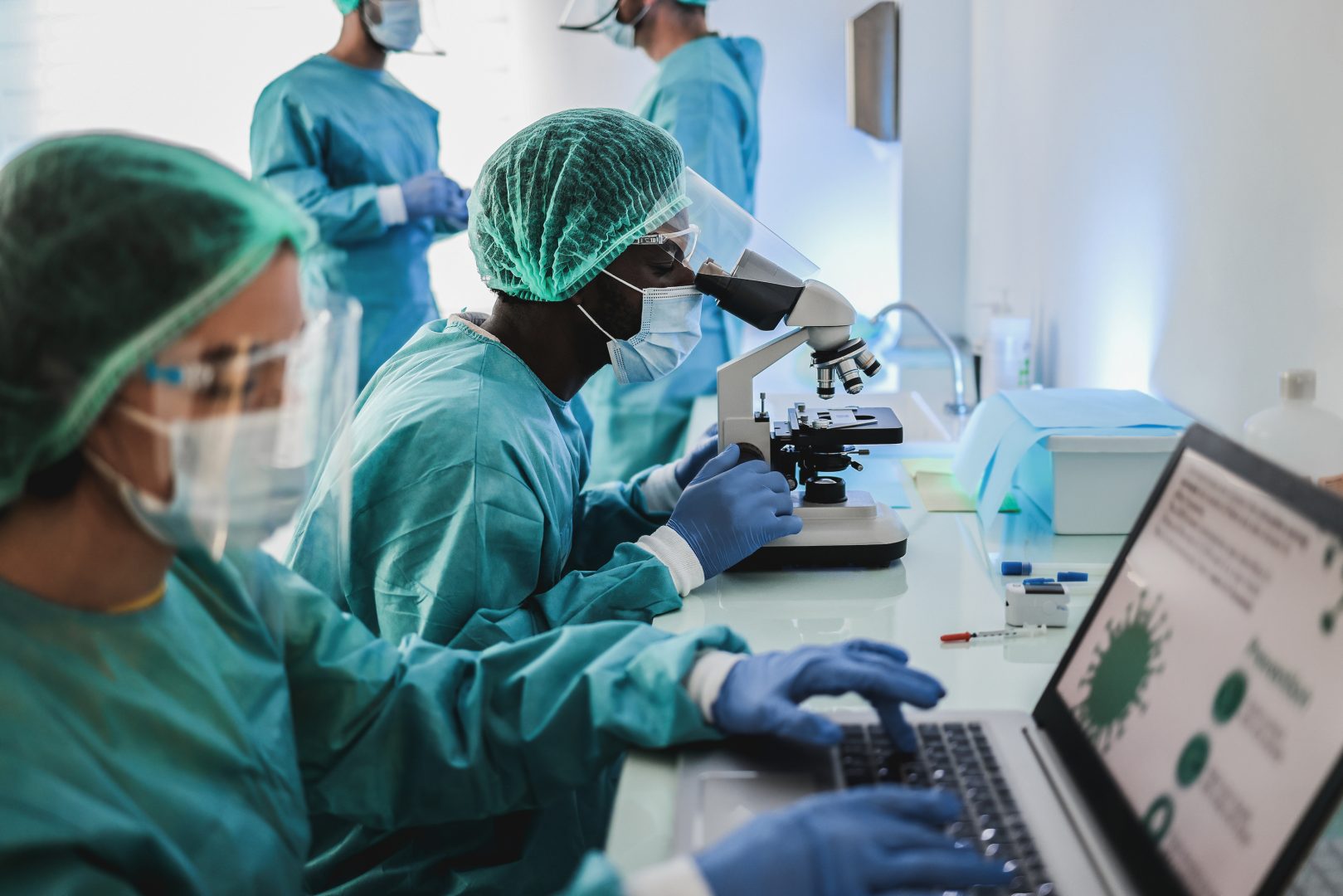Globally renowned climate expert Tara Shine says that small children understand climate injustice in a way that some adults can’t. It’s very simple: the people who are most affected by climate change are the ones who didn’t make it happen in the first place.
At CDC’s last Insight event of 2020, Dr Shine—who was recently appointed by the United Nations to oversee the next international review of the global climate goals—joined a panel of CDC leaders chaired by Head of External Affairs Colin Buckley to talk about how we can deal with the climate crisis in a way that includes those in the most exposed communities.
“We can’t just create responses to climate change that are good for us in the developed world, they have to be good for everybody,” says Tara. “We have to enable every country in every community to make the transition to a zero carbon sustainable future together. We can’t leave some countries behind with dirty industry and dirty air. We have to bring everybody together. And that’s in our collective self-interest because we can’t keep warming to below 1.5°C if every country in the world isn’t part of the effort. Climate justice helps us to mobilise that solidarity.”
You can watch a recording of our Insight event with Dr Tara Shine here
According to Tara, investment has a big role to play in climate justice, but it needs to be done properly: investors who commit capital without ensuring that it flows down to a local level, need to stop. “Let’s get away from the ‘do no harm’ sentiment to really making sure that we’re doing good,” she says. One objective of the Paris Agreement is to ensure all financial flows are consistent with the temperature goals. So we shouldn’t be investing any money now that isn’t contributing to a net zero world by 2050.”
She says that throughout the turmoil of 2020, the Paris Agreement has kept all of us, as a global community, focused around that shared net zero goal: “Even with some countries disengaged, it’s kept working. We need to do a lot more in the area of global solidarity, and break out of what we need to do within our own countries. Are you taking steps to make other people in other countries less vulnerable to climate change? If you’re from a wealthy country and you’ve had the benefits of fossil fuel powered development, you need to do that.”
Holger Rothenbusch, Managing Director and Head of Infrastructure and Climate at CDC, says that the global investment market has shifted and that some of our biggest financial institutions are tightening standards on environmental and social issues. “We’re increasingly seeing investor activism, where shareholders of banks are exerting pressure to improve environmental standards, or significant investor interest to invest in green bonds and funds. There are also more green banks that only make climate-friendly investments. I’ve seen lots more of this over the last few years.” In Holger’s view, technology will make the biggest difference to climate justice: “Technology like solar was too expensive for a long time,” he says. “Now it’s cheaper than most thermal power plants, and as a result the market rationale is really shifting towards investments in renewable energy.”
Right now, CDC has a big focus on making new, renewable energy technologies commercially viable. “We’re at the forefront of this evolution,” Holger says. “We’re trying to make projects commercially viable in order to bring commercial capital in. Market forces are driving in the right direction. We just need them to move faster.”
Transitioning to net zero and expanding renewable energy technologies will create jobs. While this is clearly a good thing, it’s vital to create them in the right way, in the right places. In Kenya, CDC has a minority stake in a heavy fuel oil power plant that is due to be decommissioned next year. Holger’s team is working with the company to understand what is going to happen when it no longer exists, for example what this means for staff. CDC has committed to asking those questions and finding the right answers. “While an investment may make sense from a financial point of view, we need to make sure it doesn’t burden the local community. It’s really necessary to do this,” he says.
For climate justice to work, it must exist at every level of business: from the workers and local people who stand to suffer or benefit from green power projects, to the boards at the top of global corporations, says Tara. For her, women form a vital part of the solution: “We can’t tackle climate change if we don’t have the best minds at the table, or we don’t have a diversity of views and perspectives. Women bring skills around collaboration, they’re more legacy-minded, and they’ll suggest answers that come from a different perspective to men.
“If we had—over the years—more women at the decision-making table, would we have acted earlier on climate change? If you look at any of the world’s problems, then the more diversity—and I mean more broadly than just men and women, I mean the more diversity in race, ethnicity and economic background too—the better your answers to the most important questions.”
For a truly just transition, it’s crucial that every single sector of society is included, says Tara. Where she’s from in Ireland, her project team are supporting workers in the peat sector to find new jobs. Many of those people are men in their late fifties. “We’re looking at retraining and job opportunities within their community, which is quite rural,” she says. “We can’t leave anyone behind in this. You have to acknowledge that things are going to change, you have to plan for that change and have human rights at the heart of what you’re doing.
“We need to make sure that people will have the same quality of life, or even create a better quality of life for them and their children.”
“We know the path that we have to take to tackle climate change,” agrees Colin. “We shouldn’t be put off by the scale of the challenge, but keep moving ahead. Perhaps only one step at a time, but in the right direction.”
This article is based on discussions at our recent event ‘Tackling the global climate crisis in a just and inclusive way’, part of our Insight event series. Catch up on the event recording and find out about our future events.

